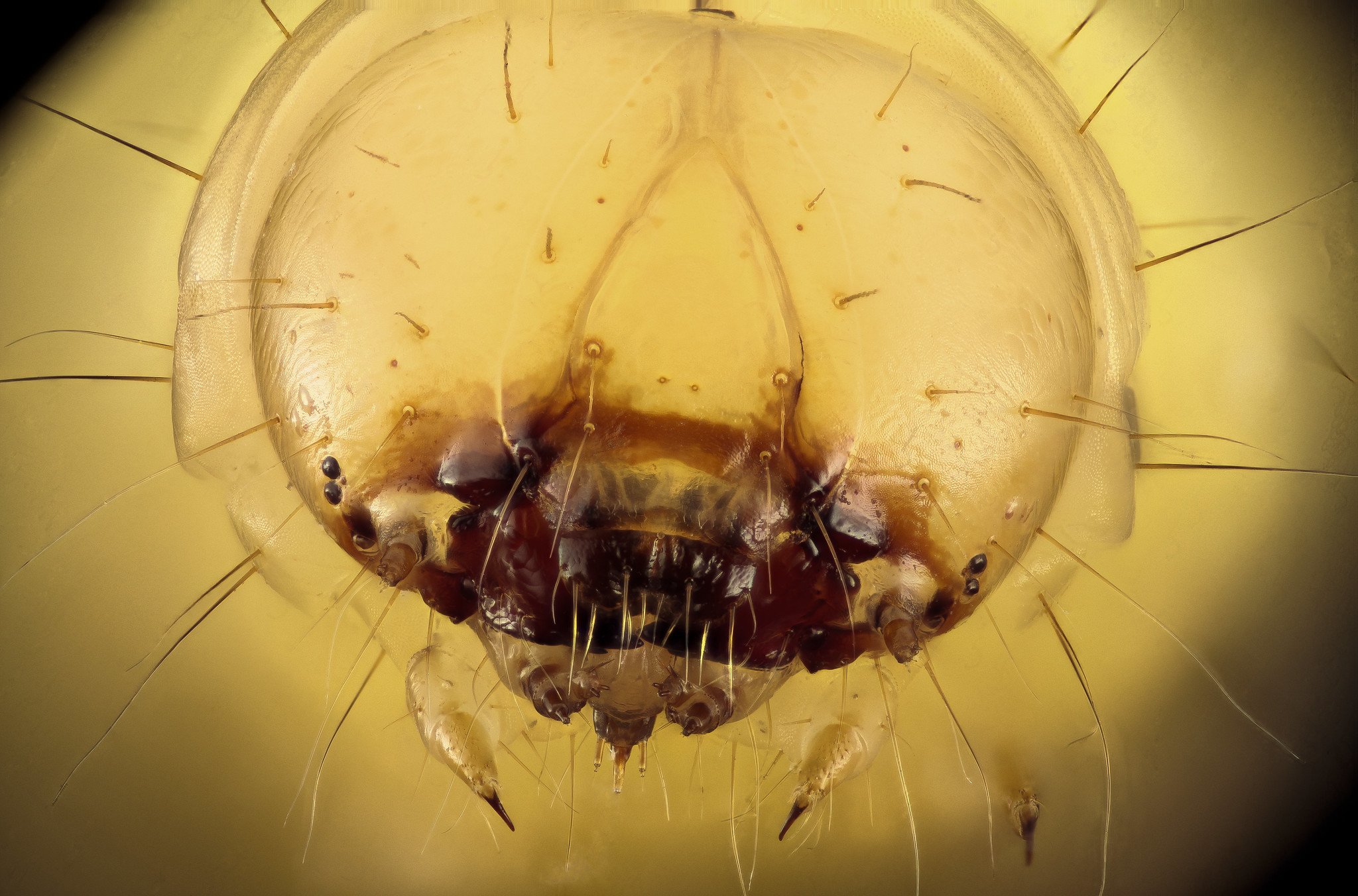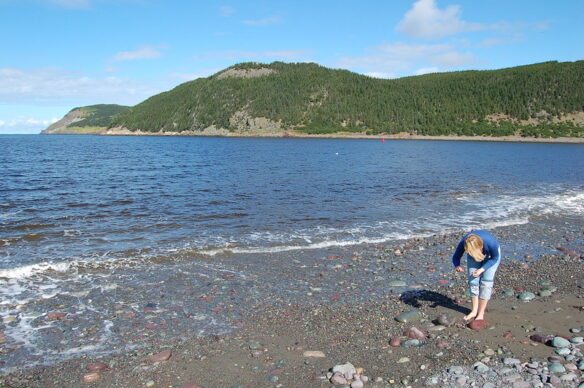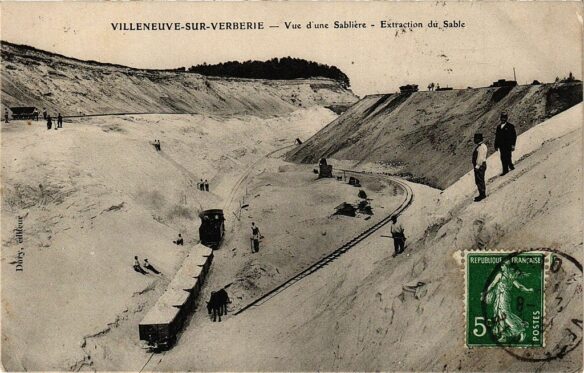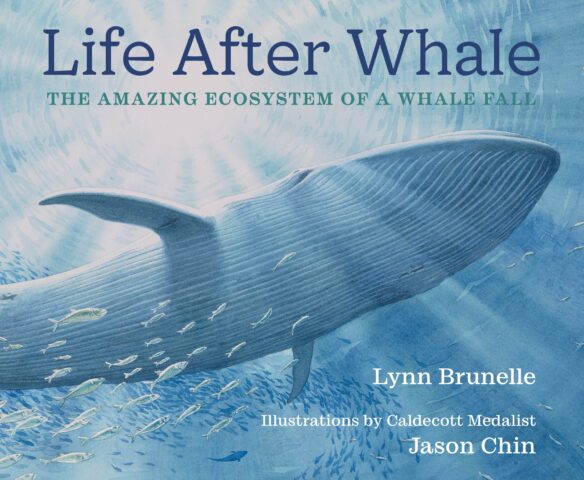Excerpt:
One way to help tackle the growing plastic pollution problem could be all around us: microscopic bacteria and fungi.
A growing body of research has identified a host of microorganisms, some of which can be found in the bellies of certain larvae and other insects, that contain enzymes capable of breaking down common types of plastic.
“In no small part because of just how much plastic we’ve polluted across the planet, in nearly every environmental type, microorganisms are starting to interact with plastic more,” said Anja Brandon, a plastics expert with Ocean Conservancy, a nonprofit group. “We’re finding some that are starting to either evolve and be able to handle this material or, fortuitously, we’re able to get to actually start breaking this down.”
Research is still in the early stages, and it remains unclear how much plastic microorganisms could break down. But given the scale of plastic pollution, some experts say, it’s necessary to explore a variety of strategies.
There are more than 170 trillion pieces of plastics in the world’s oceans — an amount that is doubling about every six years, according to a major study released in March.
The most obvious way to curb plastic pollution, advocates say, is to stop producing the material. But that’s challenging for many reasons, including that it’s difficult to find plastic substitutes that are as cheap and effective.
The world’s nations have moved to create a global treaty on plastic pollution, but they have struggled to agree on how to address the problem.
Bacteria and fungi capable of breaking down plastics could help support traditional recycling efforts — if scientists can figure out a way for the microorganisms to do it at scale.
“To even make a small dent in managing our plastic waste, we really need to be able to scale up and speed up these systems, which also comes with its own potential complications,” Brandon said. “Scaling up is never quite as simple as like, ‘Oh, I’ll just make more of it…’”
From the BBC Earth Lab:
Meet The Plastic-Eating Worms | Planet Fix
These worms can eat plastic. Not only that, but they can digest it too! In the fifth and final episode of ‘Planet Fix’, we speak to the scientists exploring how nature is fighting back against one of the world’s biggest polluters.









